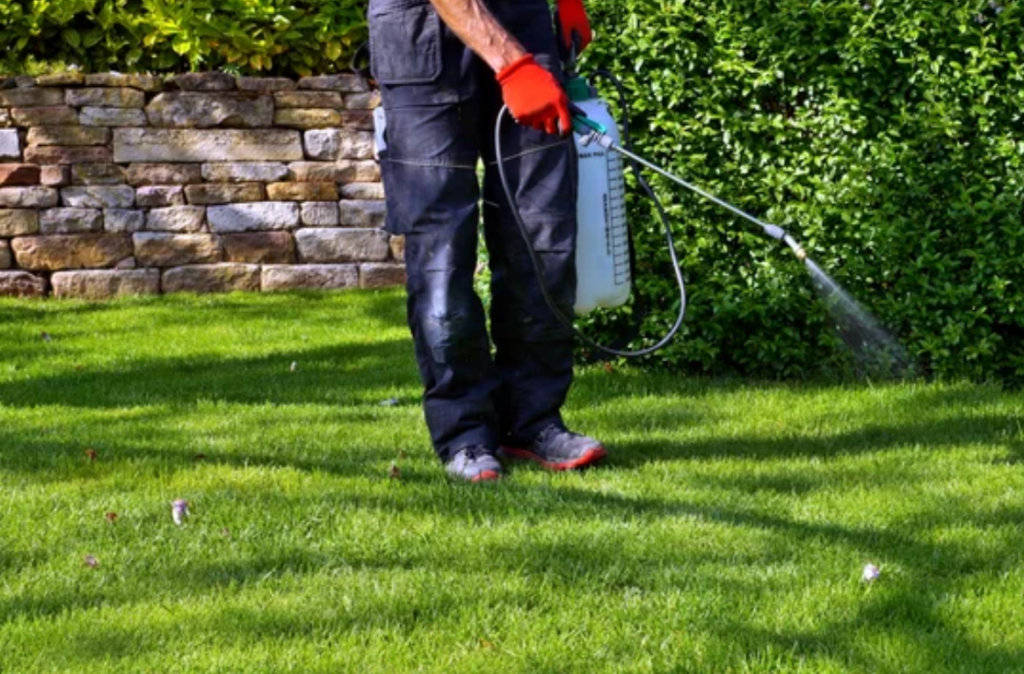1. Research the Pest Control Industry
Before diving in, it’s crucial to understand the pest control industry. Learn about local competitors, common pest problems in your area, and the market demand. Doing this research will help you identify gaps in the market and how you can position your business.
Key areas to focus on:
- Local pest trends and issues
- Competitor analysis
- Licensing and regulation requirements
2. Create a Business Plan
A solid business plan will be the foundation of your success. Outline your business goals, target audience, services offered, pricing structure, and marketing strategy. A well-thought-out plan can also help secure funding if you plan to seek investors or loans.
Include these elements in your plan:
- Executive summary
- Market analysis
- Service offerings (residential, commercial, termite control, etc.)
- Financial projections
- Marketing and growth strategies
3. Obtain Necessary Licenses and Certifications
Every state has different requirements for starting a pest control business, so make sure to research and obtain the proper licenses and certifications. You’ll likely need a pest control operator license and certifications to apply pesticides. Check with your local regulatory body for specific requirements.
Common requirements:
- General business license
- Pesticide applicator certification
- Environmental protection agency (EPA) registration
4. Invest in Equipment and Supplies
To run a successful pest control business, you’ll need to invest in high-quality equipment and supplies. From protective gear and pesticide application tools to vehicles and software for managing customer appointments, having the right tools is crucial.
Basic equipment you’ll need:
- Pesticides and chemicals
- Sprayers and foggers
- Protective clothing and gloves
- Traps and bait stations
- Service vehicles

5. Establish an Online Presence
In today’s digital world, having a professional online presence is vital for any business. A well-designed website can help you attract customers, build credibility, and showcase your services. Make sure your website is optimized for search engines (SEO) so potential customers can easily find you online.
Key features for your pest control website:
- Service pages targeting specific pests
- Online booking and scheduling tools
- Testimonials and reviews
- Contact information and customer support options
6. Implement Website Automation Tools
To streamline your business operations, consider investing in website automation tools. Automation can save you time and money by handling repetitive tasks like appointment scheduling, customer follow-ups, and lead generation. Automated websites allow you to focus on growing your business while providing exceptional customer service.
Key automation features to include:
- Automatic appointment reminders
- Online payment processing
- Chatbots for instant customer interaction
- Automated email follow-ups
7. Create a Marketing Strategy
To attract your first customers, develop a comprehensive marketing strategy. Focus on a combination of online and offline marketing tactics to reach your target audience. SEO, social media marketing, and local advertising can help generate leads for your new business.
Effective marketing channels:
- Google Ads and local SEO
- Social media platforms (Facebook, Instagram)
- Flyers, brochures, and local partnerships
- Networking within business and homeowner associations
8. Build Strong Customer Relationships
The key to a successful pest control business is maintaining strong relationships with your clients. Happy customers are more likely to recommend your services to others and provide valuable reviews. Use automated systems to manage customer follow-ups and encourage repeat business.
Ways to build customer loyalty:
- Offer discounts or packages for recurring services
- Provide excellent customer service
- Respond quickly to inquiries and follow-ups
- Ask for reviews and referrals after each job
9. Stay Compliant and Keep Learning
Pest control regulations and safety standards are always evolving. Make sure your business remains compliant with the latest industry standards and continuously educate yourself and your employees on new techniques, products, and best practices.
Conclusion
Starting a pest control business involves careful planning, research, and investment. By following these steps and utilizing tools like website automation, you can create a business that runs smoothly and efficiently, allowing you to focus on providing top-tier service to your customers. With persistence and dedication, your pest control business can thrive in this growing market.
Start Your Business Today with all in one solution pest control Website!
Start A Successful Pest Control Business with all in one solution website!
We know the pest control Company!
✓ Easy to use
✓ automated ✓ Seo mobile optimized ✓ Features for growth


